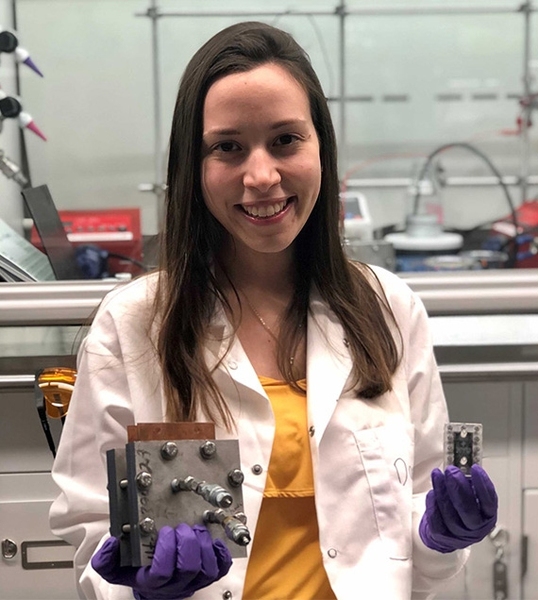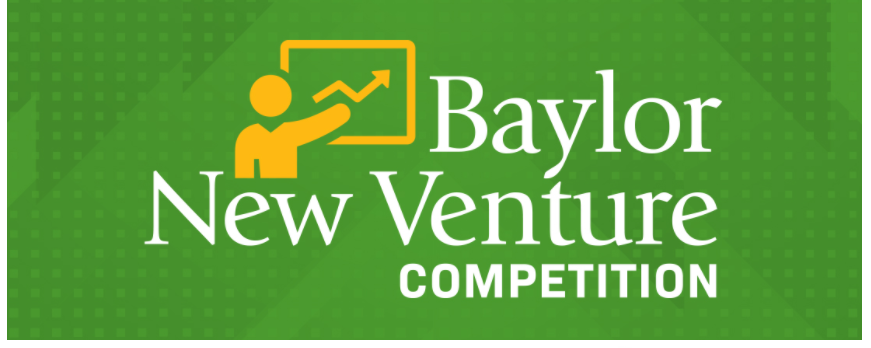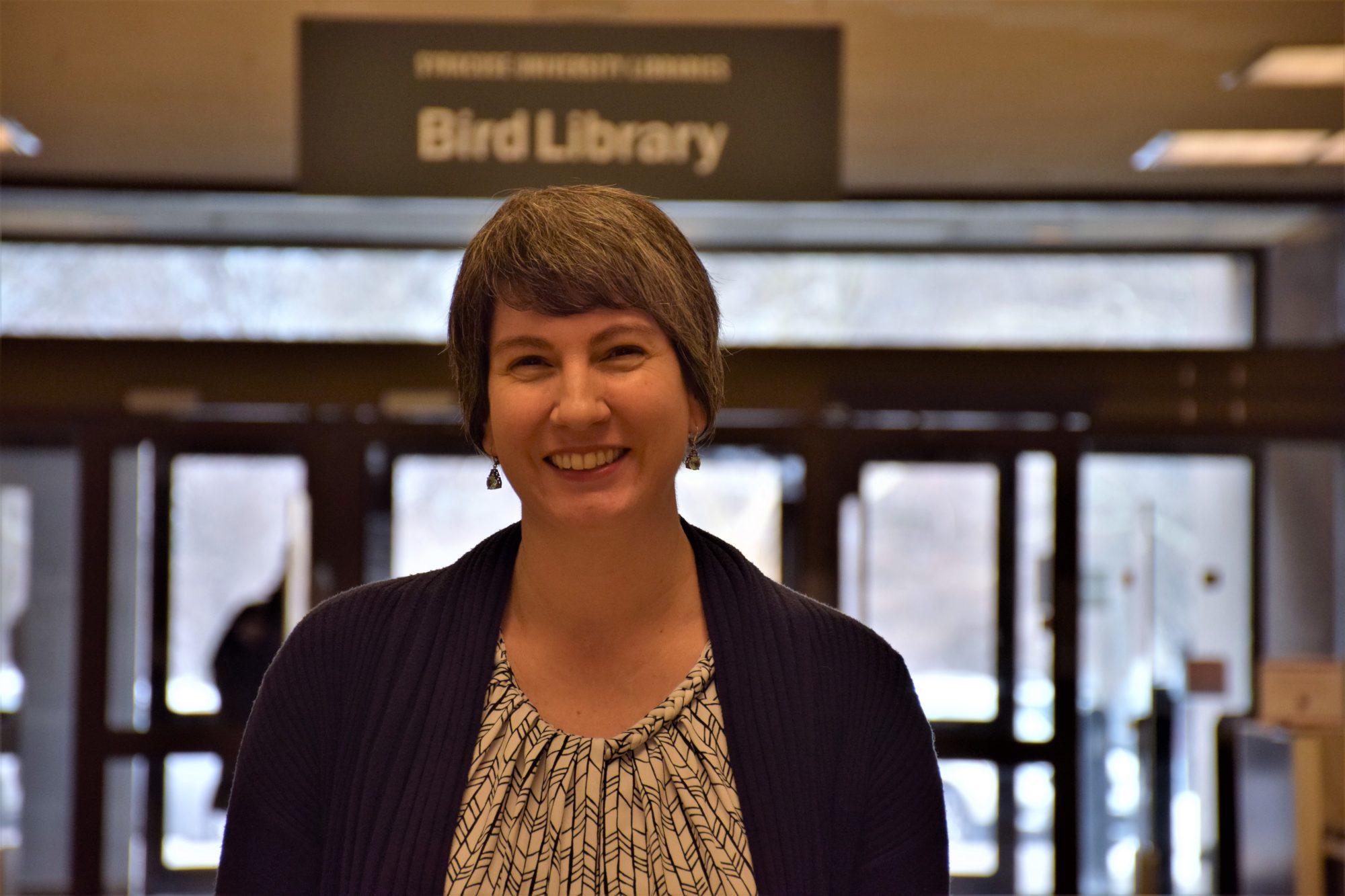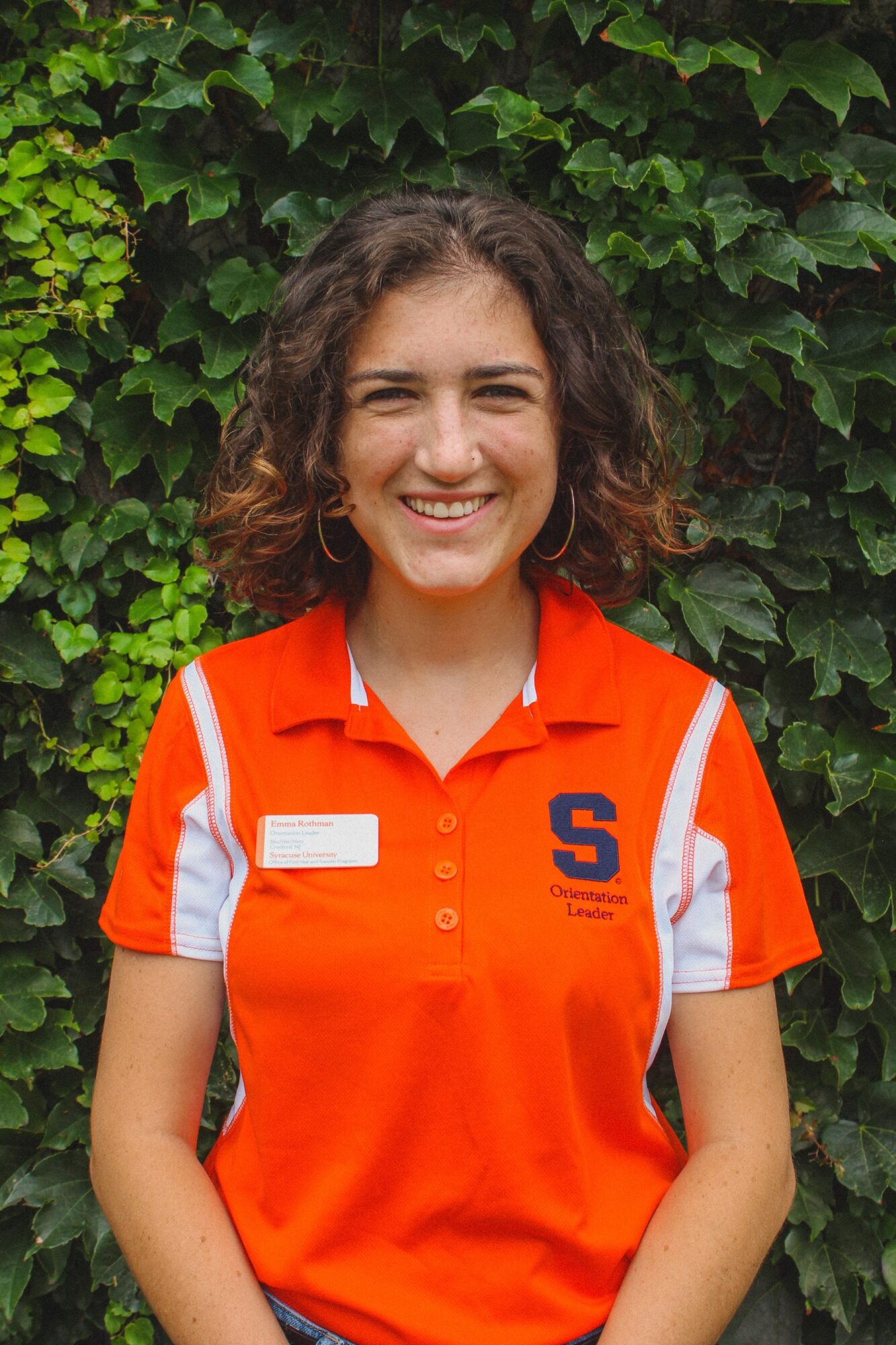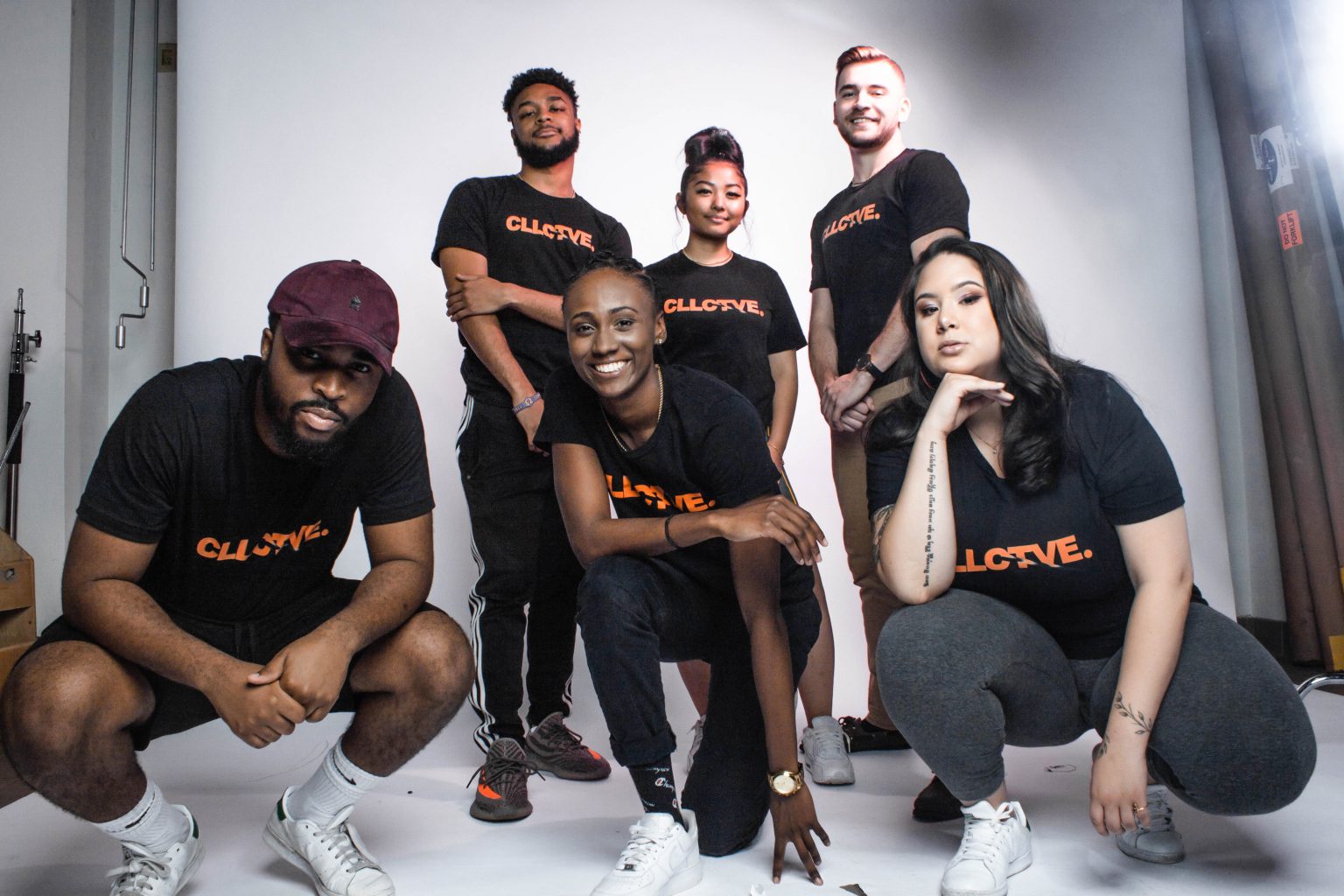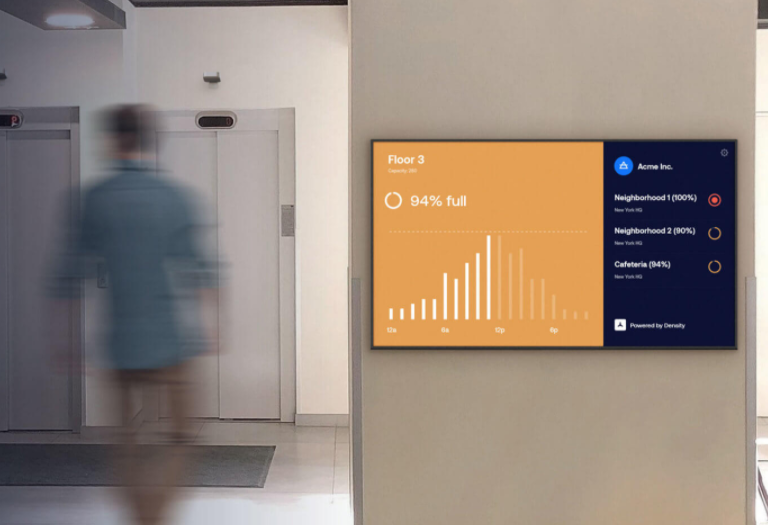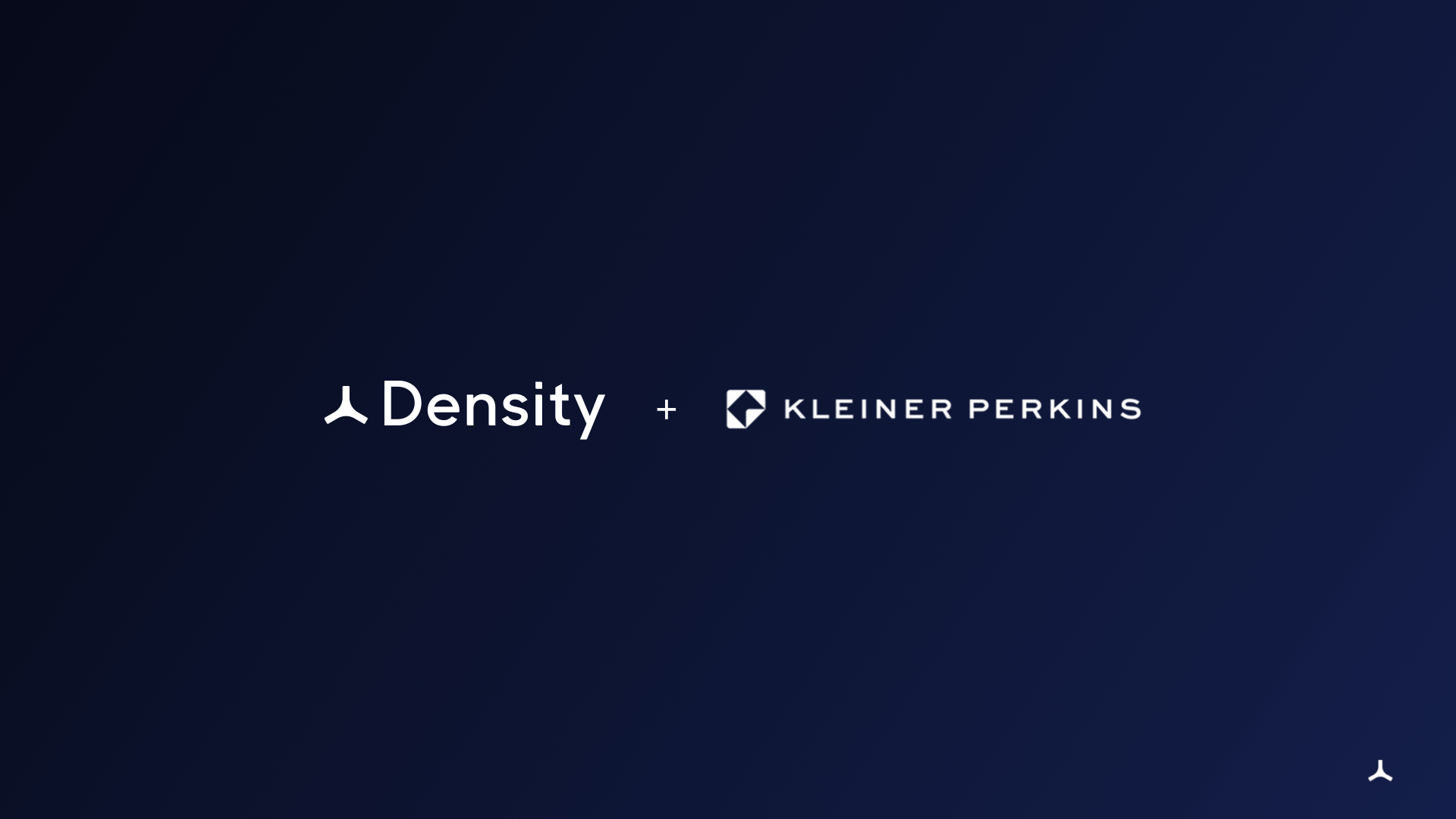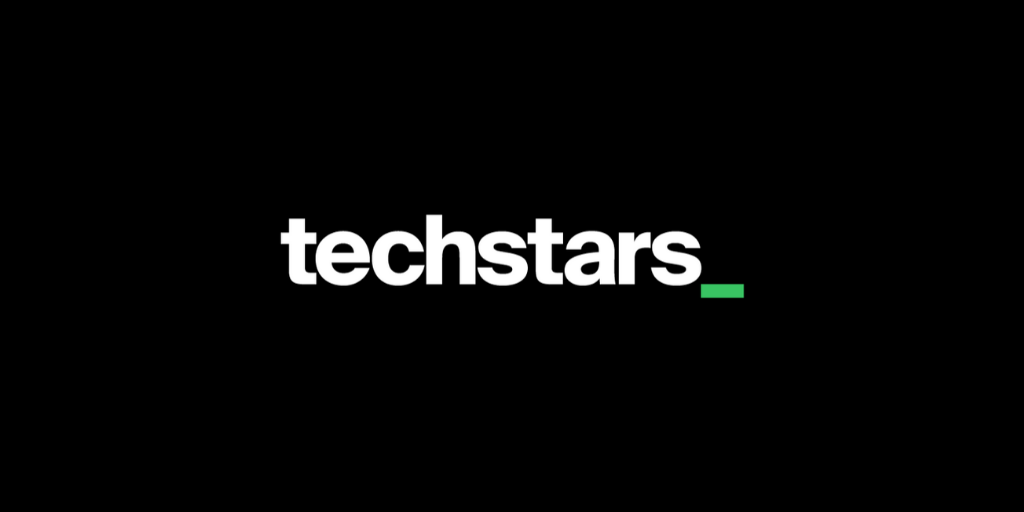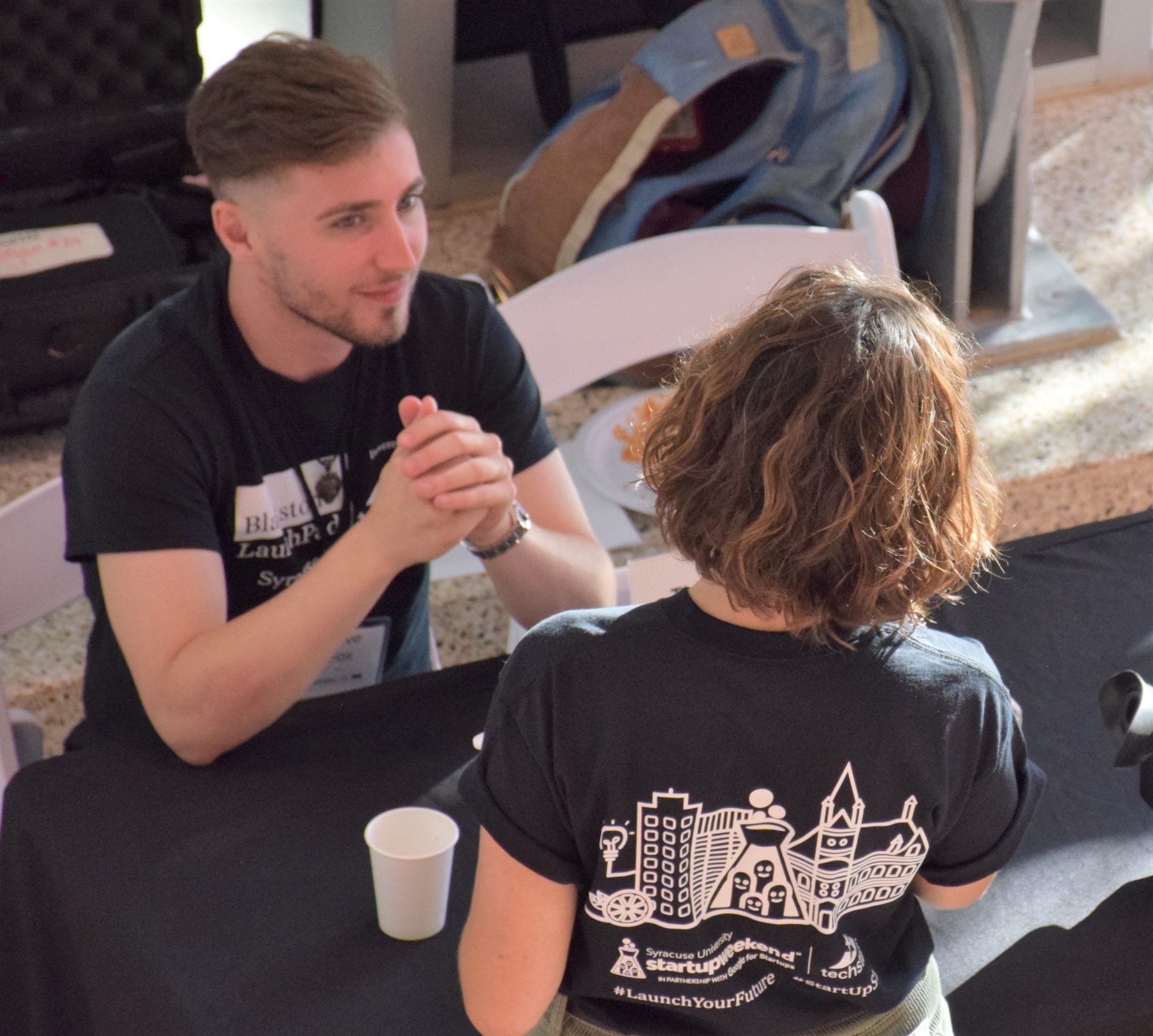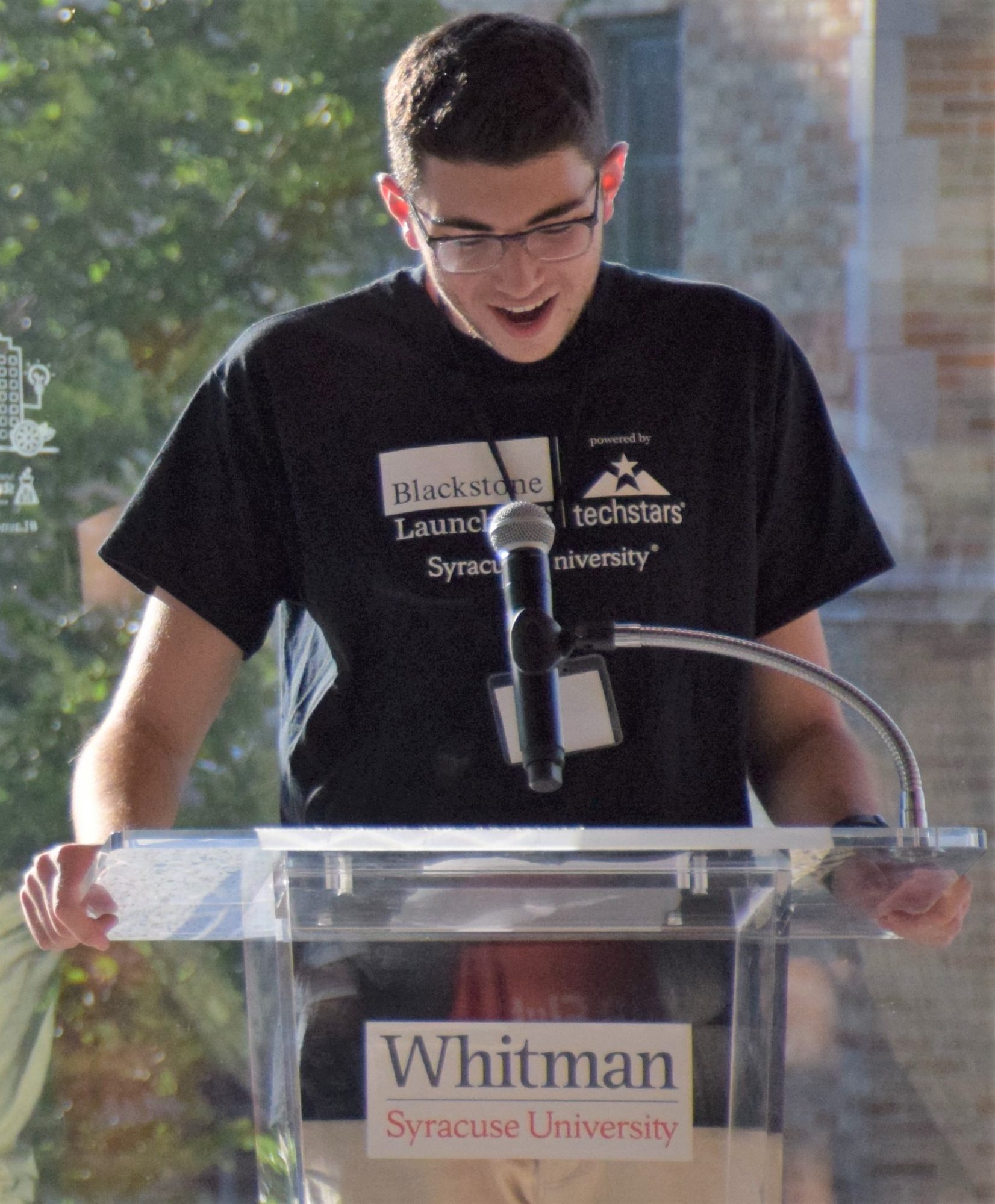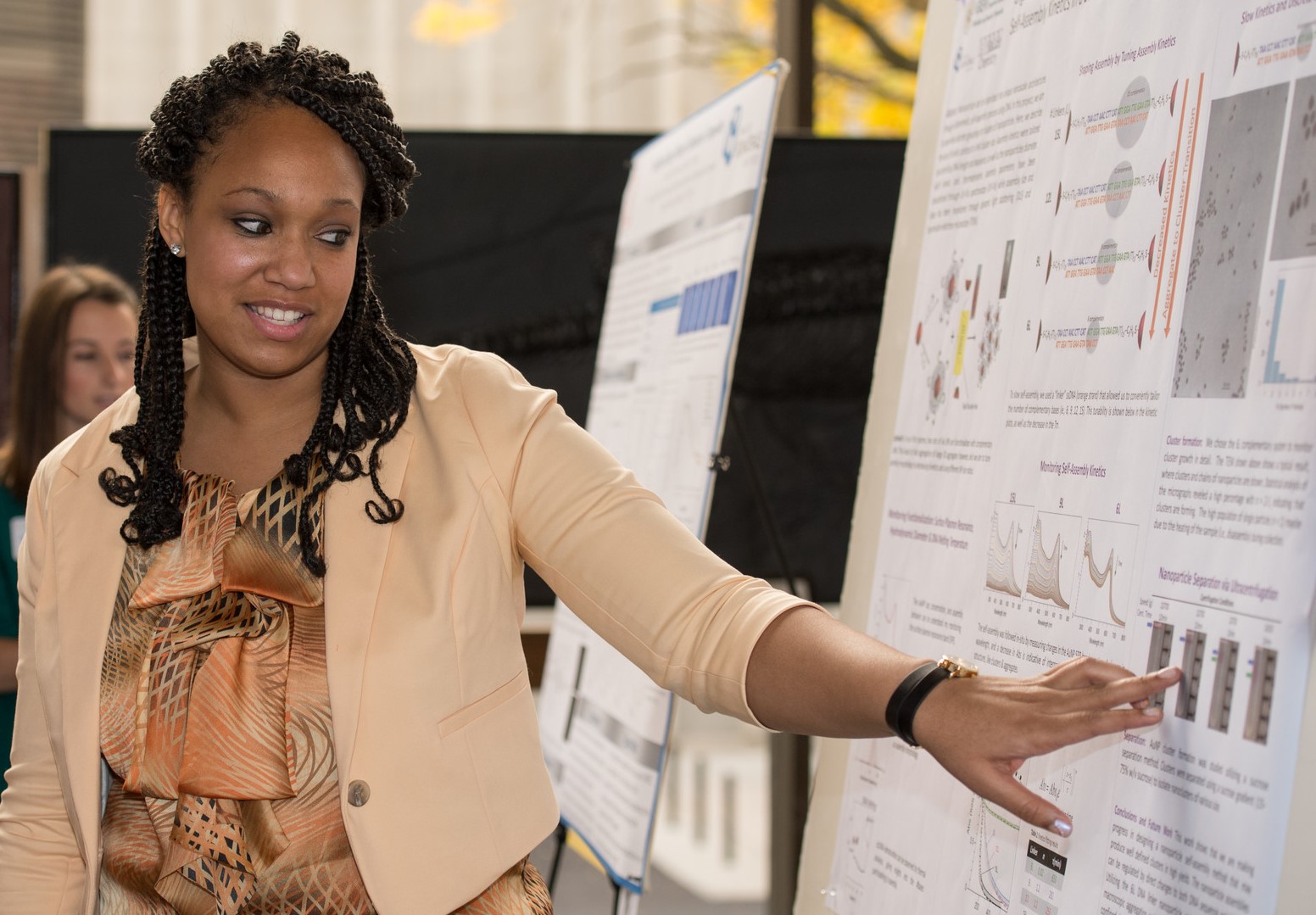
The Syracuse Office of Undergraduate Research and Creative Engagement (SOURCE) is now accepting applications for undergraduate grants of up to $5,000 for research projects or creative works. October 1, 2020 is the deadline for an Intent to Apply form and October 15, 2020 is the deadline to complete the application form for Spring 2021 grants. Applications are open to all undergraduate students from all disciplines working with a faculty mentor. The SOURCE office is located on the second floor of Bird Library for questions or assistance. Concurrently, applications are also open for Honors Program Awards of up to $5,000 for the 2020-2021 academic year, with the same deadlines through the same application portal. Click here for more information..
The overview below is extracted and condensed from this webpage. Please visit it for complete details about funding programs.
The SOURCE provides expanded funding opportunities and support for diverse undergraduate engagement in faculty-guided scholarly research and creative inquiry across all disciplines and programs at Syracuse University. The SOURCE Grant Program supports student discovery, innovation, and success, and a commitment to diversity and inclusion, enhancing the climate of research, creativity and scholarship for all our undergraduates. SOURCE funding supports undergraduate work in basic, translational and applied sciences, the arts, media, technology, social sciences, engineering, liberal arts, humanities, and all professional schools.
Award applicants will be selected on a competitive basis to pursue a mentored experience under the guidance of Syracuse University faculty. Prior to applying, interested applicants must contact their potential faculty mentor to discuss the project plans and confirm that the faculty member is willing to provide mentorship for the period in question. A brief letter of support from that mentor is required as part of the application process. Proposals must also include a detailed description of the project, grounded in the academic, creative or professional field, a work plan, indicating the activities that will support the proposed research or creative work, as well as a budget, the timeline of activities, and the plan for dissemination of results.
